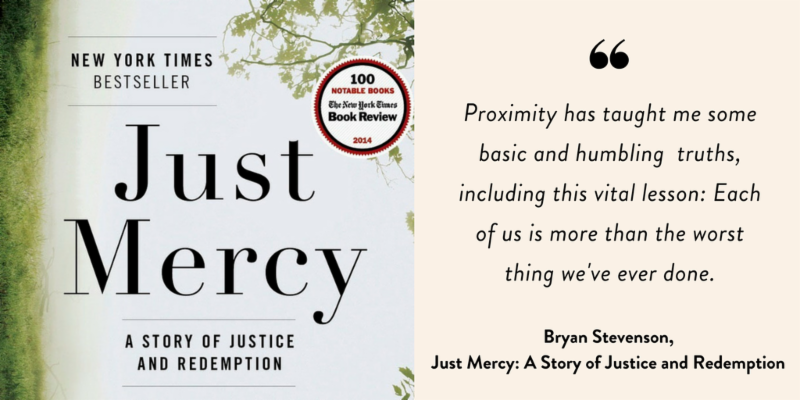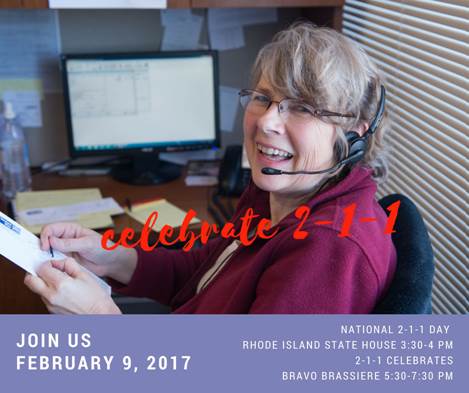As funders survey the challenges and opportunities provided by the Trump Administration’s transition and policy implementation, there are a variety of resources for philanthropy available.
Forum Resource Compilation
The Forum has compiled resources for the transition period, including responses from the philanthropic community, policy impact, issue briefings, opinion pieces and advocacy resources. Check out Philanthropy’s Road Forward: Post Election 2016
Philanthropy Learning Opportunities
Several of the philanthropy-serving organizations that are now members of the Forum are offering opportunities to learn more from a funders’ perspective:
Funders’ Committee for Civic Participation (FCCP) is hosting a webinar on Democracy in the Era of Trump on February 6, from 3:00-4:00pm. With the potential of accelerating and emerging threats to our democracy, we must reflect on how our roles and practices may need to shift in order to adapt to the shifting political landscape. Join us for this important discussion where we will both hear from a few key speakers on their thinking about what has changed after the elections as well as have time for an open discussion to hear from colleagues around how our network is grappling with this moment. Panelists include Uma Viswanathan, W.K. Kellogg Foundation; Arisha Hatch, Color of Change; David Becker, Center for Election Innovation & Research; and Laleh Ispahani, Open Society Foundations. Register
The Forum and Funders’ Committee for Civic Participation will co-host “Making Philanthropy Count – Census 2020 Webinar” on February 27 at 2 pm ET, focusing on the reasons that the census should be important to funders and how the success or failure of this important civic engagement project will impact grantmaking and the communities that continue to be at risk. Topics will include philanthropy’s role in ensuring a fair and accurate census; identifying points of entry and engagement at local and national levels; current policy challenges for funding, design and implementation of the census; recent research that provides guidance for making the case for philanthropy’s role in the census; and specific options for how funders can engage in ensuring a fair and accurate census count. Register
The Grantmakers Income Security Taskforce (GIST) invites GCRI members to attend the 14th Annual Budget and Tax Briefing for Grantmakers on March 1, 2017 in Washington, DC. This meeting is free of charge and open to foundation representatives and philanthropic advisors only. You’re encouraged to join the funders conversation about why federal budget and tax work matters to national, state and local funders; network with colleagues; and learn about and discuss pressing political developments, federal and state budget and tax issues, and emerging advocacy and communications strategies for protecting programs and policies that support low-income families, workers and communities. Register
Resources on Refugees and Immigration
Grantmakers Concerned with Immigrants and Refugees and foundation statement on immigration
The Immigrant Learning Center in Waltham is presenting a free webinar, Taking Back the Narrative: How to Talk About Immigrants and Immigration on Thursday, February 23, from 1:00-2:00pm. In the free session, messaging, media and immigrant integration experts will discuss how to reframe the immigration conversation; engage media, legislators and community members; apply key principles of meaningful messages; and put examples, toolkits and winning messaging strategies into use. Register
Center for Disaster Philanthropy has produced a report on how funders are supporting the critical humanitarian needs facing refugees, “Funding Worth Following: How Innovative Funders are Tackling the Global Refugee Crisis.” The report identifies and the most effective methods, from collaborative projects that leverage dollars to initiatives inside conflict areas, these organizations have moved swiftly to support groundbreaking, long-term solutions. They also have created “5 Things Funders Can Do to Address the Global Refugee Crisis.” This list details how funders are addressing the crisis by focusing on key areas of effective response; supporting long-term solutions; and forming creative partnerships.
Voices from the Field
As the White House Changes Hands, Philanthropy Must Change Too, Liz Sak, Cricket Island Foundation and Allison R. Brown, Communities for Just Schools Fund
Onward, Heinz Endowments President Grant Oliphant
We do not take this work on because it is easy; we take it on because it matters, because it is important. And important things take time. They take dedication. They take persistence. Above all they take people and organizations that refuse to give up, whose ideals are not undone by circumstance, whose values do not shift with the political winds, who every morning greet the day with the same prayer of making the difference they believe in most profoundly to create the better world they envision.
Our Duty is to Fund Hope in Darkness, Ford Foundation President Darren Walker
The year 2016 is not 1968, or 1860, or 1776. Our moment, and the opportunities we have to protect and pass along the torch of justice, are unique. But we can, and must, learn from history that the greatest threat we face is not terrorism, nor environmental crisis, nor nuclear proliferation, nor the results of any one election. The greatest threat is hopelessness: the hopelessness of many millions around the globe who expressed themselves with their ballots, and the hopelessness of many millions more who expressed themselves by not voting at all. The hopelessness of so many who are overwhelmed by the scale of the problems facing our world, and frustrated by attempts at solving them that have fallen short.If we are to overwhelm the forces of inequality and injustice—if we are to dedicate ourselves anew to the hard and heavy lifting of building the beloved community—then the cornerstone of our efforts must be hope.
What Does Philanthropy Do Next?, Kresge Foundation CEO Rip Rapson
…as [the] national discourse and energy pivots from campaign mode into the realities of governance, philanthropy is particularly called upon to identify and actualize its values and missions to ensure that society heals and progresses in a positive, just, and affirming way. We need, above all, to affirm, elevate and amplify the work that we and our nonprofit, public, academic, and private sector partners do. But we also need to be crystal clear about the values that undergird our reason for being. We need to anchor our aspirations and actions in the unalterable bedrock of what we stand for…
ACCP President Mark Shamley editorial letter to members regarding travel ban
Philanthropy in the Trump Era, Pittsburgh Foundation CEO Maxwell King


